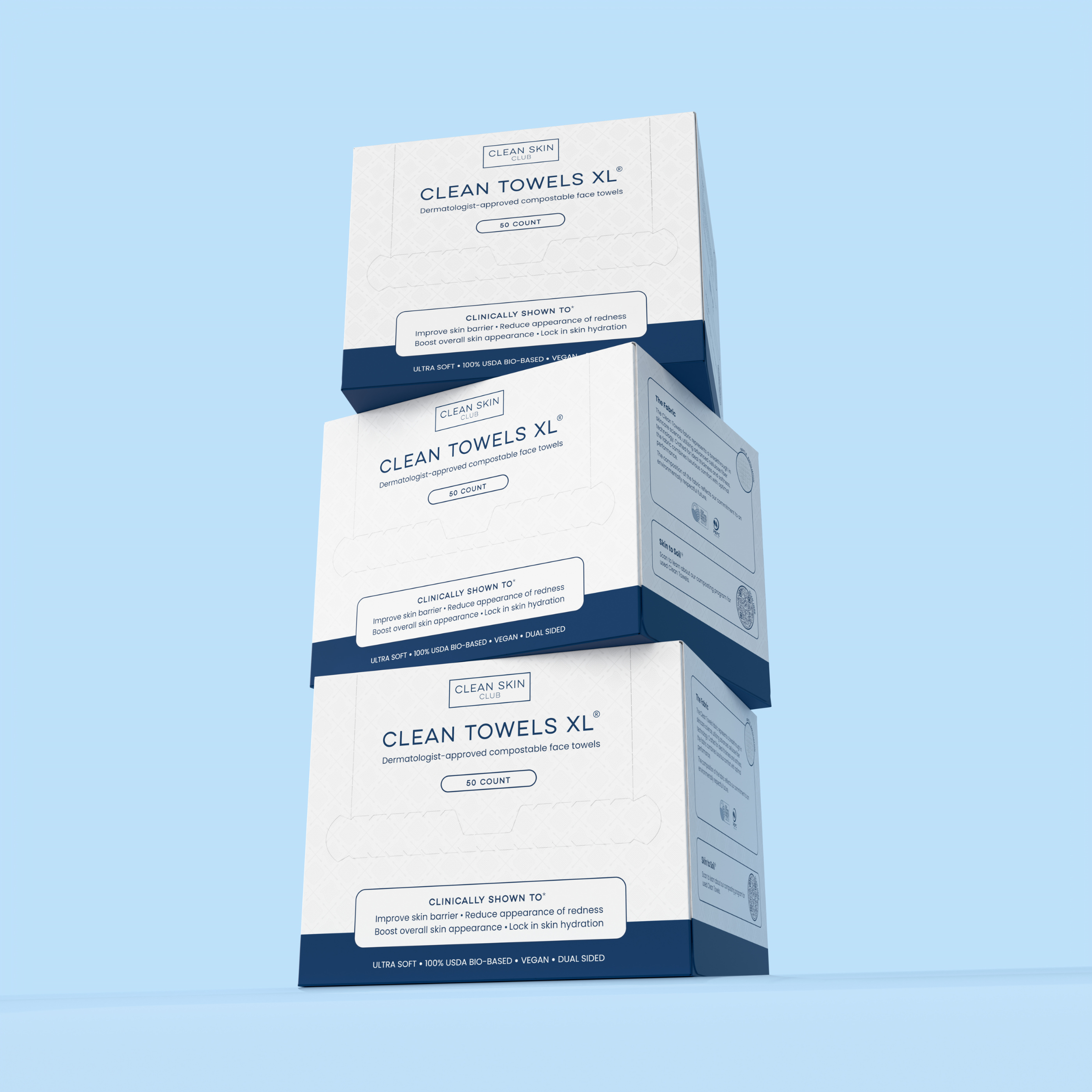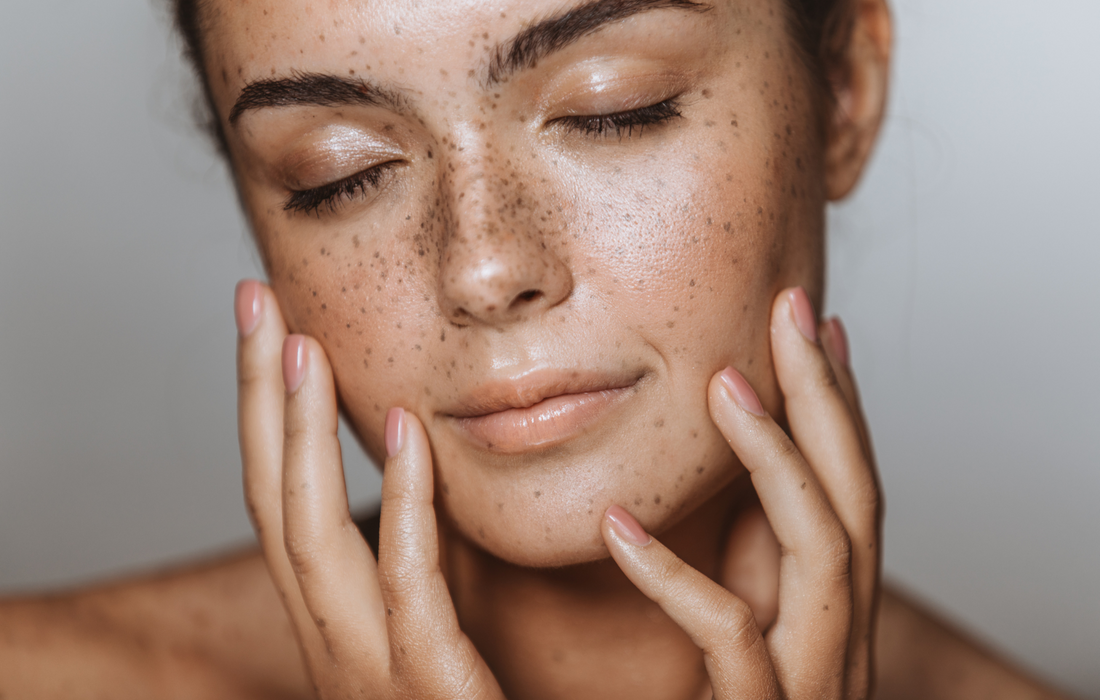If skin picking is making you feel alone or embarrassed, you should know that this condition affects at least five million Americans (and I talk to at least 1 person struggling with this habit every single day.)
Skin picking disorder (which can be part of attempting at-home extractions for acne) is related to obsessive compulsive disorder, where the person cannot stop themselves carrying out a particular action. Often skin picking is compulsive, and is a habit that requires professional help from a therapist to control. You are not alone if you struggle with this habit. It is not shameful, and it can be helped.
It can be triggered by:
• Boredom
• Stress or anxiety
• Negative emotions, such as guilt or shame
• Skin conditions, such as acne or eczema, or other blemishes that the person wants to get rid of (these may not be noticeable to other people)
Skin picking is often called a body-focused repetitive behaviour and is similar to repetitive hair pulling disorder (trichotillomania).
12 Tips to Limit Skin Picking
If you know you tend to pick after a shower, try keeping gloves by your mirror. Slip them right after you've done your skincare routine and move on.
What to avoid if you notice yourself picking
• Do not let your nails grow long – keep them trimmed and clean.
• Do not keep things like extraction tools where you can easily get at them (if you aren’t a trained pro)
Talk to your GP or therapist if:
• You cannot stop picking your skin on your own
• You’re causing serious damage to your skin by picking it, like cuts that do not heal within a few days, or creating wounds that scar or pit
• Picking your skin is causing you emotional distress or affecting your daily life
Resources for Skin Picking:
• skinpick.com
• treatmyocd.com
• bfrb.org
In my humble experience, seeking out an acne specialist is hugely helpful for those who struggle with skin picking as it releases the burden from the individual to the professional. You’re in good hands with me, so there’s no need to use your own!
Thank you for reading!
This article of the Skinsider Scoop was graciously written by Licensed Esthetician, Tessa Zolly, and edited by the Clean Skin Club team. If you're interested in more from Tessa, please shoot us an email, and follow her Instagram - @myestytessa



